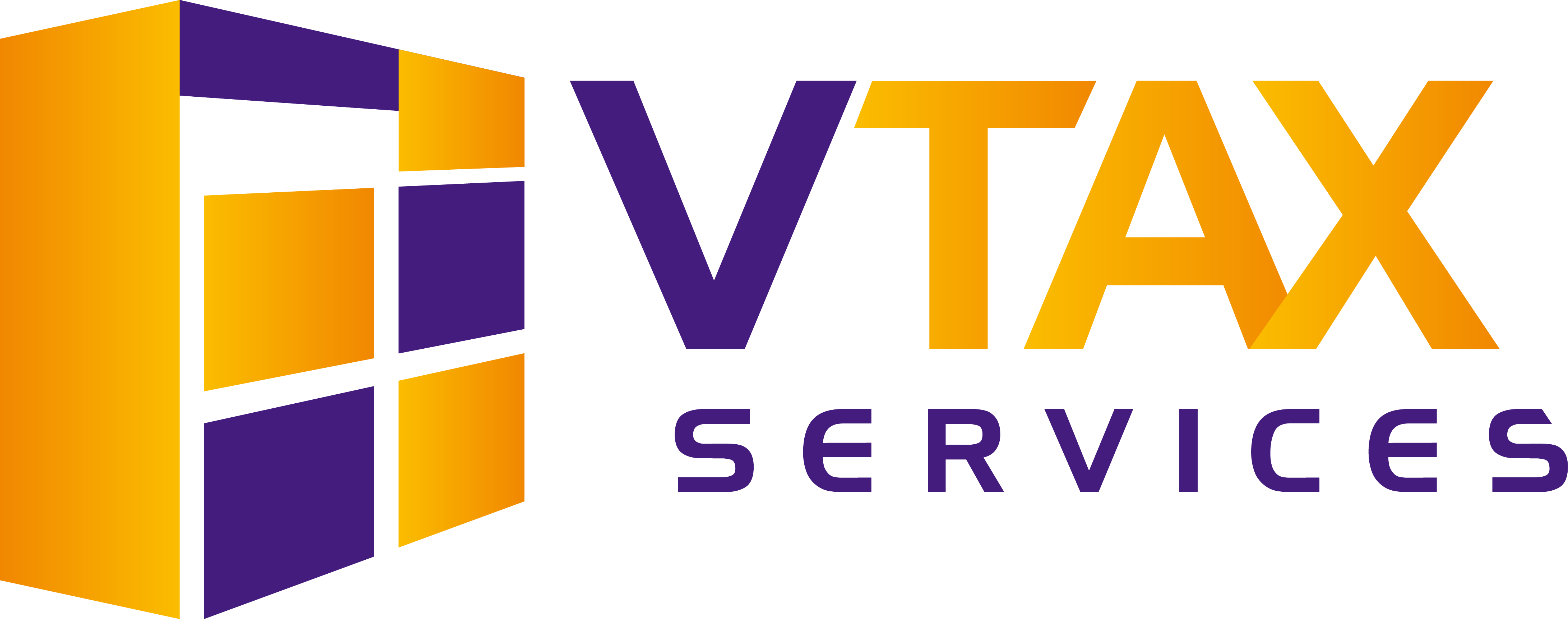Small business owners must stay informed about the latest tax changes to ensure they are compliant with the law and maximize their tax savings. In recent years, there have been significant updates to the tax code that directly impact small businesses. Understanding these changes is vital for entrepreneurs who want to navigate the complexities of Business tax preparation effectively.
One of the most significant changes affecting small business owners is the Tax Cuts and Jobs Act (TCJA) passed in 2017. This legislation brought about numerous alterations to the tax code, including a reduction in the corporate tax rate from 35% to 21%. While this cut benefits larger corporations, small businesses organized as pass-through entities, such as S corporations, partnerships, and sole proprietorships, also stand to benefit. These entities can now deduct up to 20% of their qualified business income, subject to certain limitations.
Additionally, the TCJA introduced changes to deductions for business expenses. For example, the deduction for business interest expenses is now limited to 30% of the business’s adjusted taxable income. Small businesses that rely heavily on debt financing may need to adjust their tax planning strategies accordingly to maximize deductions.
Another noteworthy change affecting small business owners is the introduction of the Qualified Business Income Deduction (QBID). The QBID allows eligible businesses to deduct up to 20% of their qualified business income, further reducing their taxable income. To qualify for this deduction, businesses must meet specific criteria related to their industry and income levels.
Furthermore, small business owners should be aware of changes to depreciation rules under the TCJA. For instance, businesses can now take advantage of increased bonus depreciation rates, allowing them to deduct up to 100% of the cost of certain assets in the year they are placed in service. This change can provide significant tax savings for businesses that invest in equipment and other capital assets.
In light of these tax changes, small business owners must prioritize effective business tax preparation to ensure compliance with the law and minimize their tax liability. Working with a qualified tax professional can help business owners navigate the complexities of the tax code and take advantage of available deductions and credits.
In conclusion, staying informed about the latest tax changes is crucial for small business owners looking to maximize their tax savings and remain compliant. Understanding recent changes such as the TCJA, QBID, and depreciation rules can help entrepreneurs make informed decisions about their business tax preparation strategies. By staying proactive and seeking expert advice, small business owners can ensure they are taking full advantage of available tax benefits to support the growth and success of their businesses.
——————-
Article posted by:
V Tax Professionals Ltd.
https://www.vtaxservices.com/
9703068221
26 W Dry Creek Cir, Suite 616, Littleton, Colorado, 80120
V Tax Services offers IRS Relief/Resolution, Tax Advisory and Tax Preparation Services. Do you have Tax Troubles? We have solutions, such as affordable, comprehensive tax resolution, that meet your needs.

